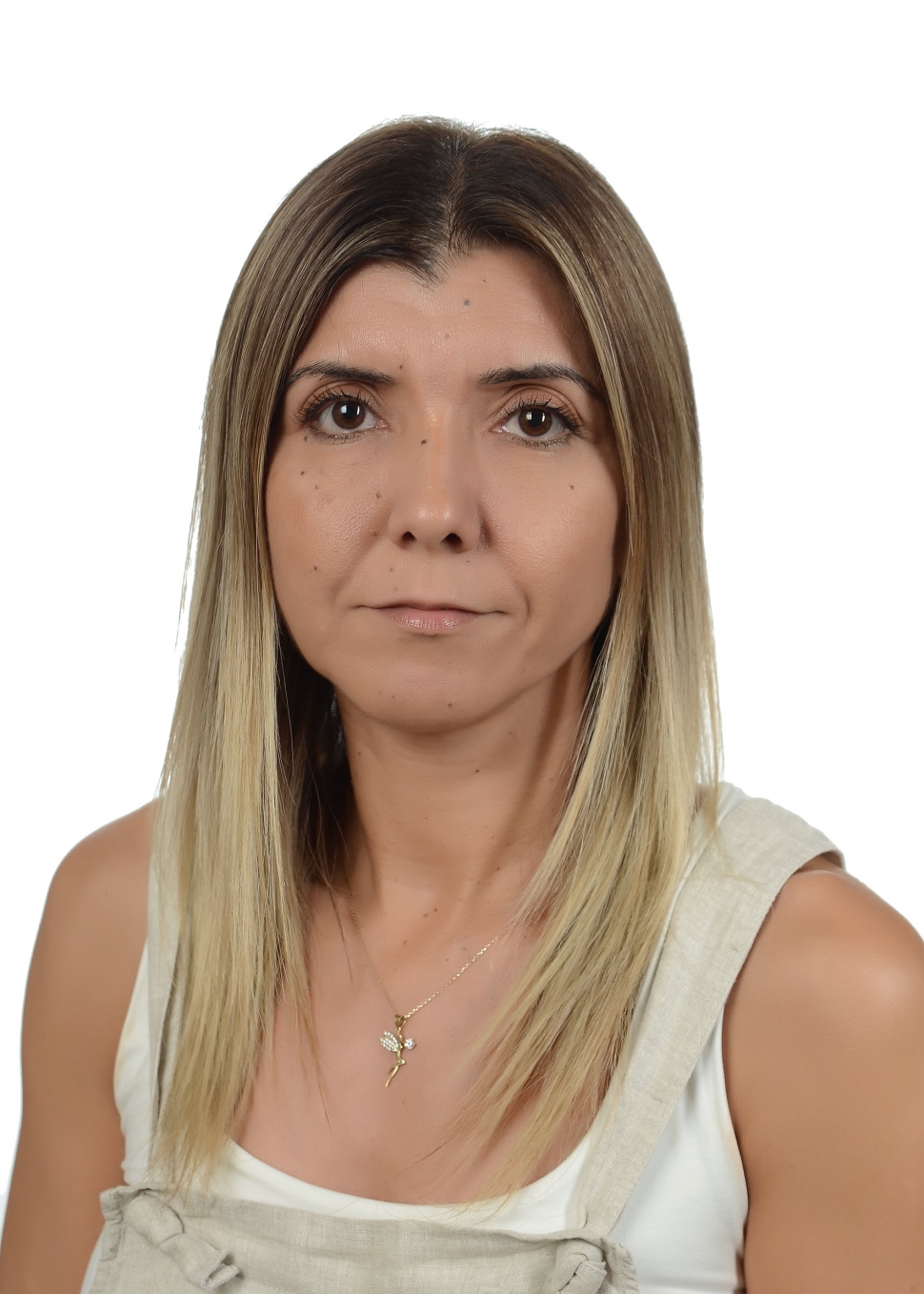Occupational Therapy
il y a 11 moisIt is observed that elderly people staying in institutions providing services in the field of elderly care may have difficulties in adapting to the service due to reasons such as social norms and socio-cultural characteristics, stronger losses in the cognitive functions of the elderly due to low socio-economic level, despair, insecurity, concern, stress and anxiety in the process of accompanying activities where elderly people with health problems such as dementia are brought together with healthy elderly people.
Dementia cases continue to increase rapidly, especially in recent years, and it is known that this increase is triggered by global problems such as difficult access to healthy food and water resources, social isolation, war and climate crisis. In addition, climate change may cause or increase the symptoms of cognitive and psychological disorders as a result of its negative impact on anxiety, stress and living conditions by exacerbating social and environmental risk factors. Therefore, these and many other factors negatively affect the quality of life, psychological and physical health of elderly individuals, and cause difficulties in the communication of the elderly in institutional care with staff and other elderly people. In addition, it is known that elderly individuals may feel anxious and insecure due to their difficulty in keeping up with the technological methods and tools of the digitalizing world in general, and this situation negatively affects their social adaptation process. In this respect, it is important to reduce the situations that create risks for the psychological and physical health of individuals and to strengthen preventive and protective studies.
When evaluated in this context, there is data that occupational therapy helps prevent diseases and slows down the course of the disease and facilitates the adaptation process in diagnosed individuals. Occupational therapy is a field that creates treatment planning by addressing the physical and cognitive components of the problem holistically and focuses on supporting and increasing the independent participation of individuals in life and the health of individuals. After identifying the problem, it focuses on developing solutions and coping skills by utilizing a wide range of activities, tools and methods. It is a therapy method that can be applied using many methods and materials such as simple life activities such as preparing meals, group or individual games, kits consisting of special materials (e.g. LOTCA-G), digital applications and games, signs and reminders placed in the physical environment. As a result of the researches and practices, it has been revealed that the occupational therapy method, which continues to be applied institutionally in exemplary countries and is becoming more and more widespread, contributes to the positive development of people in areas such as activities of daily living, social skills, motor and cognitive processing skills, problem solving and interaction skills; has a healing effect on the symptoms of negative habits and various psychological disorders, and has a positive effect on human health, well-being and quality of life in the old age stage.
In addition to these, there are many spatial research results in the literature that individuals who receive occupational therapy training develop empathy skills, social sensitivity and predisposition to ethical values. Due to the aforementioned research results and the fact that we are serving in a country with an increasing elderly population, the main goal of this project is to improve the empathy skills, social sensitivity and ethical values, modern approaches and practices of the personnel working in the field, as well as to benefit from occupational therapy approaches and methods in preventive and curative studies for elderly individuals and to take the practices carried out by model countries on the subject as a guide.
We are two organizations in Bolu, Turkey preparing a ERASMUS+KA220 VET project ( Bolu Governorate and bolu Province Family &Social Services Institution). If you want to join in our consortium, please text me here or via my email





S'il vous plaît Se connecter pour voir cette section